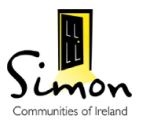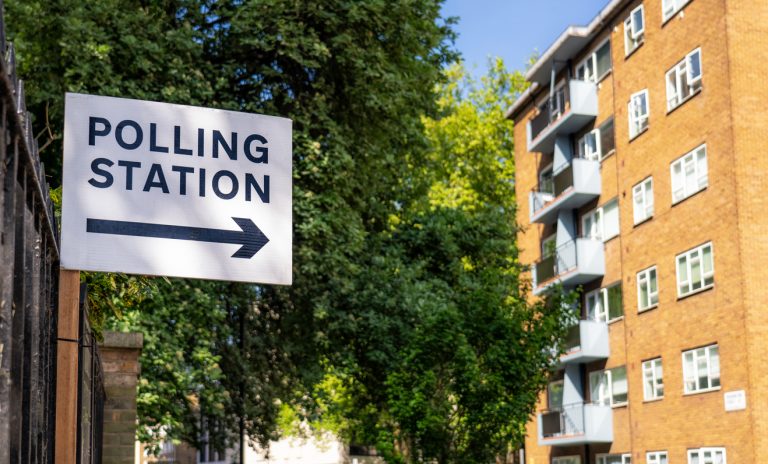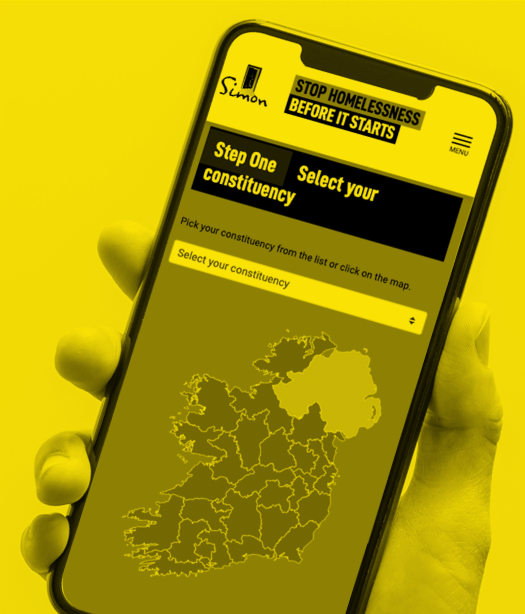The Simon Communities say that scarcity of social and affordable housing is leading to intolerably high rents and the rising number of people in emergency accommodation.
There were 10,275 men, women and children in emergency accommodation during the week of July 22 to 28, according to the latest figures by the Department of Housing, Planning and Local Government. This represents an increase of 103 people in emergency accommodation since June. The new figures show:
- 10,275 men, women and children are now in emergency accommodation, an overall increase of 4% since July 2018, when the figure was 9,891.
• 1,721 families are living in emergency accommodation, a decrease of 3% from July 2018, when the figure was 1,778 families.
• 3,778 children are now stuck in emergency accommodation, a decrease of 2% compared with July 2018, when the figure was 3,867.
Wayne Stanley, National Spokesperson for the Simon Communities, says that addressing social and affordable housing supply, to ensure move-on options for those experiencing homelessness must be a top priority when the Dáil returns next month.
“It is frustrating to see the number of people in emergency accommodation rise again after two welcome months of decline. There are now 6,497 adults and 3,778 children with no place to call home. We also must not forget those not included in these figures; people sleeping rough or surviving in squats, women and children in refuges, people in direct provision and those who are ‘hidden homeless’ – people staying with family or friends as they have nowhere else to go.
“Unfortunately, there continues to be a serious lack of affordable accommodation around the country. In July, the Simon Communities’ Locked Out report showed that there are entire areas of the country where there is practically nowhere to rent for those depending on Rent Supplement or HAP. Early indications from the next edition of Locked Out show that this continues to be the case, even when discretionary top-ups are taken into account, including in highly-populated areas such as Galway City and Limerick City suburbs. As well as this, the Daft Rental Report for Q2 2019 shows that availability of accommodation nationwide continues to fall as rents rise.
“As the Dáil returns on September 17th, solutions to this crisis must be to the fore of political discussion at the highest levels. If those in housing exclusion and homelessness are to weather the economic difficulties that lie ahead we need to continue to increase the housing infrastructure that will provide affordable homes. More than three years after the launch of Rebuilding Ireland, we would ask the Minister to look again at the allocation levels of social housing to those in long-term homelessness.”
For media queries and interview requests
Liam Corcoran
Communications & Campaigns Officer
Tel: 085 806 5141
E: communications@simoncommunity.com
About Simon Communities
The Simon Communities support over 13,000 men, women and children. We have 50 years of experience providing homeless, housing and treatment services to people facing the trauma and stress of homelessness. We are a network of independent Communities based in Cork, Dublin, Dundalk, Galway, the Midlands, the Mid West, the North West and the South East, responding to local needs and supported by a National Office in the areas of policy, research, communications and best practice. We share common values and ethos in tackling homelessness and, informed by our grassroots services, we campaign for more effective policies and legislation regionally, nationally and at European level. Whatever the issue, Simon’s door is always open for as long as we are needed. For more information, please visit www.simon.ie.
Services include:
- Homelessness prevention, tenancy sustainment and resettlement.
- Street outreach, emergency accommodation and harm reduction.
- Housing with support and Housing First services.
- Homeless specific health and wellbeing services (counselling; addiction treatment and recovery; and mental health supports).
- Personal development, education, training and employment services.
- Food banks, drop-in centres and soup runs.


